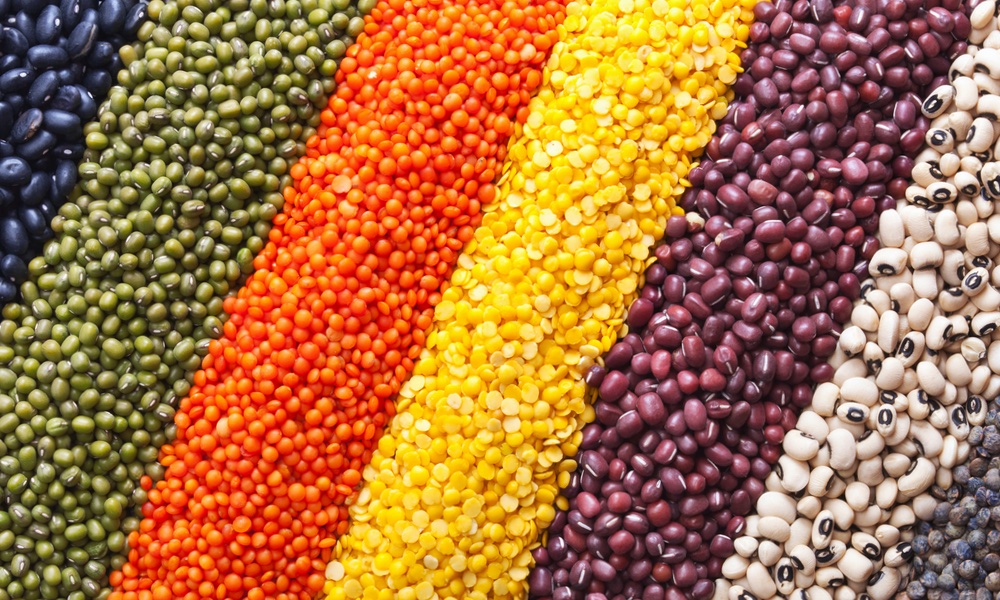One of the best things you can do to protect your future health and longevity is to make sure you get enough protein. But the kind of protein you choose makes a big difference, too, according to a recent Tufts University study.
It found a diet with plenty of protein from plants — fruits, vegetables, legumes — raised a woman's odds of living longer without chronic diseases. The study was based on data from women, and so its findings are restricted to them; but it is likely that the results will also apply to men to some degree.
Using data from the Nurses Health study, which followed female health care professionals from 1984 to 2016, the Tufts' Human Nutrition Research Center on Aging and Harvard T.H. Chan School of Public Health researchers compared the diets of women who did not develop any of 11 chronic diseases — including cancer, diabetes, myocardial infarction, ALS, Parkinson's, multiple sclerosis and kidney failure — or experience a substantial loss of physical function or mental health as they aged, with the diets of those who did.Women who got more of their protein from plant-based sources were 46 percent more likely to be free of chronic diseases in their later years.
Protein intake was calculated by multiplying the number of times each food item was consumed by its protein content and then totaling the amount of protein across all food items using the Harvard University Food Composition Database.
Those who got more of their protein from plant-based sources — which in 1984 included bread, vegetables, fruits, pizza, cereal, baked items, mashed potatoes, nuts, beans, peanut butter and pasta — were 46 percent more likely to be healthy into their later years.
Women who consumed more animal protein such as beef, chicken, milk, fish/seafood and cheese, were 6 percent less likely to stay healthy as they aged.
Even though the results support the recommendation that women eat most of their protein in the form of fruits, vegetables, nuts and seeds, it may be a good idea to consume some fish and animal protein to gain the benefits of the iron and vitamin B12 they contain.Animal protein consumption was found to be related to fewer physical limitations in old age, but plant protein's connection to physical and mental health later in life was stronger and more consistent.
“Dietary protein intake, especially plant protein, in midlife plays an important role in the promotion of healthy aging and in maintaining positive health status at older ages,” Ardisson Korat explained.
“Those who consumed greater amounts of animal protein tended to have more chronic disease and didn't manage to obtain the improved physical function that we normally associate with eating protein,” added Ardisson Korat. Animal protein consumption was found to be related to fewer physical limitations in older age, but plant protein's connection to physical and mental health later in life was stronger and more consistent.
Some of the benefits of plant protein may be the result of components in plant-based food other than the protein. Plants contain more fiber, micronutrients and brain-boosting polyphenols than animal foods.
The study is published in The American Journal of Clinical Nutrition.





